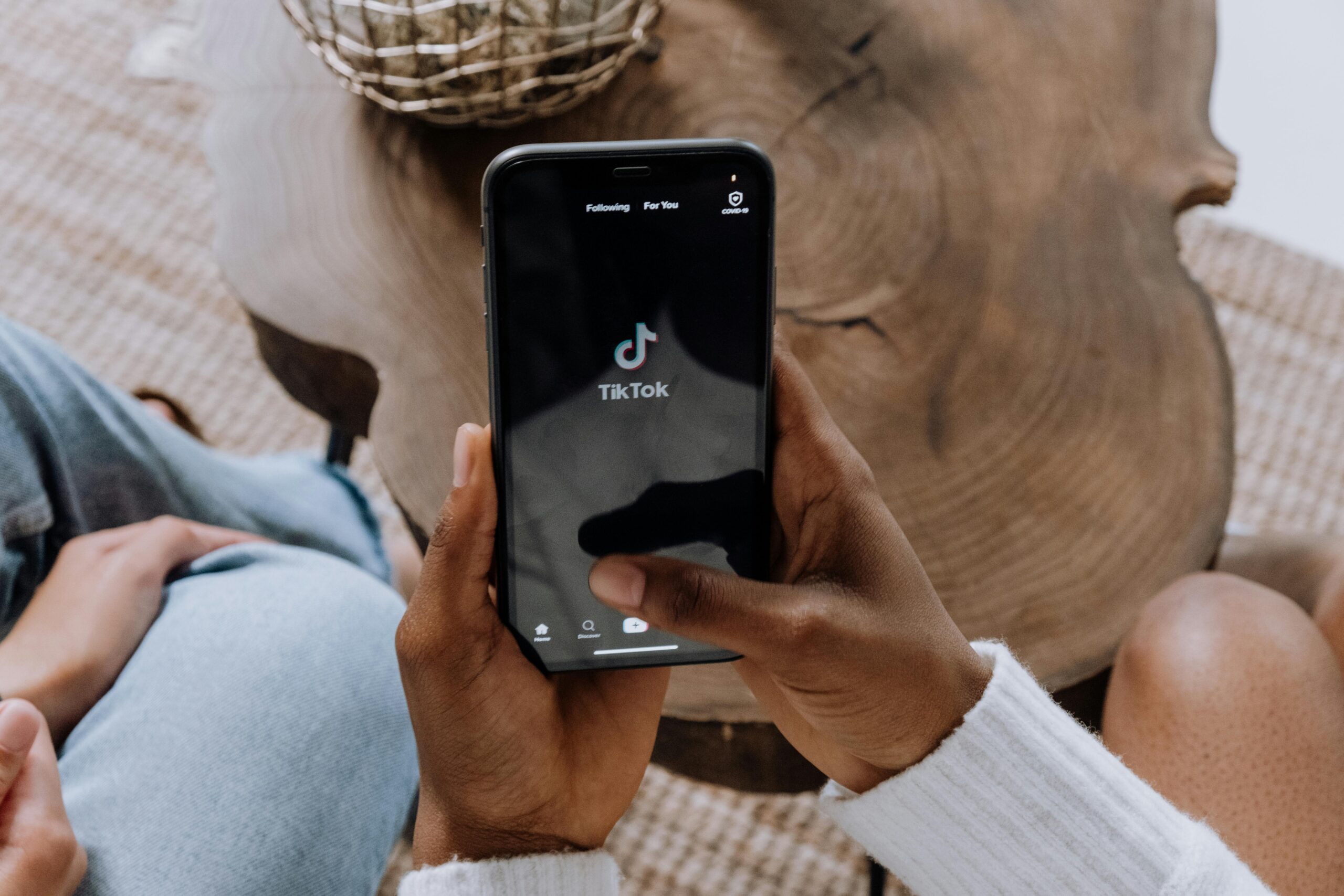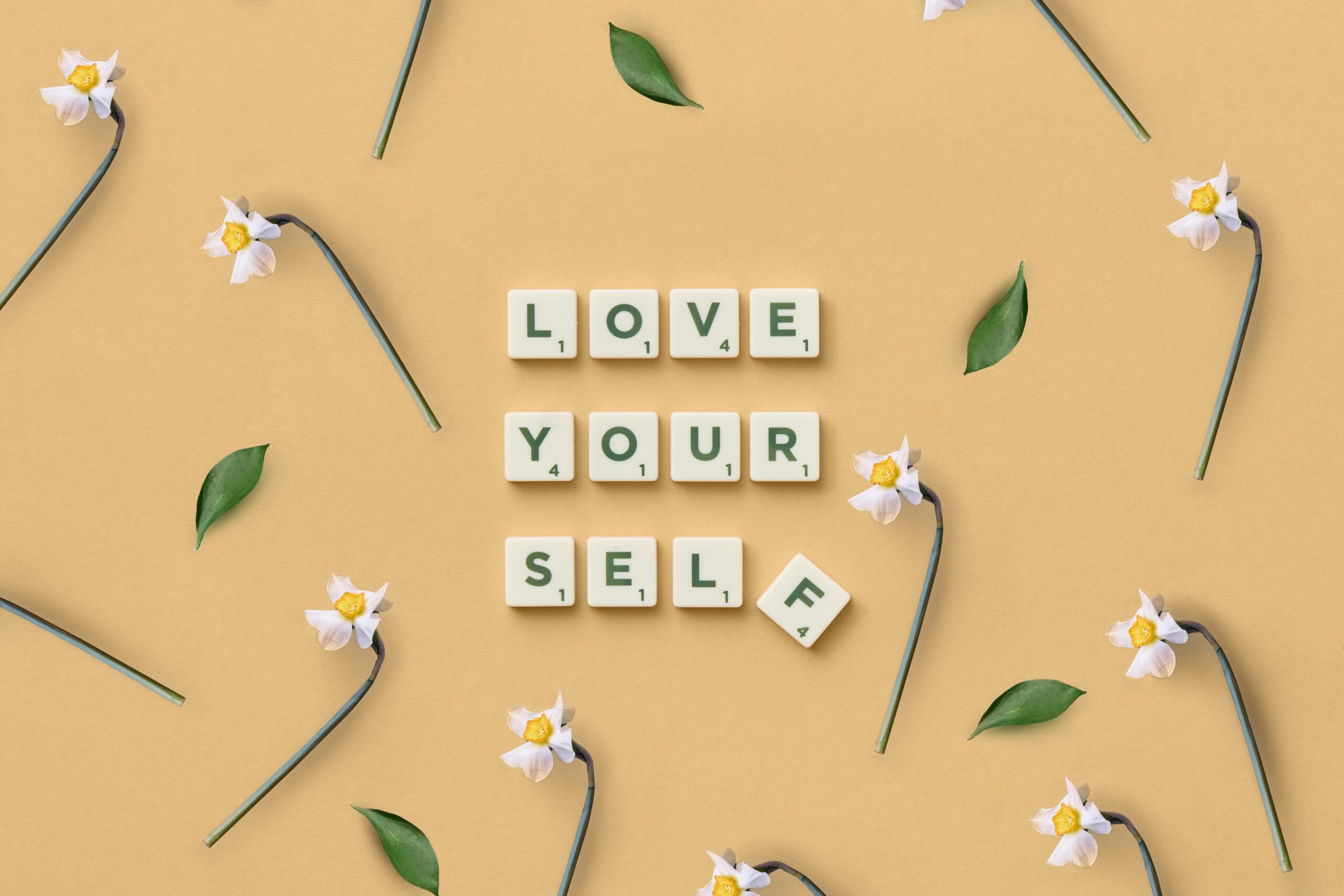In today’s digital world, social media is an integral part of our daily lives. From sharing life updates to discovering the latest trends, it has revolutionized how we connect, communicate, and view the world. Social media has not only changed how we interact but also how we perceive ourselves and others. It serves as a platform where opinions, trends, and validation thrive, making it a double-edged sword in shaping our self-esteem.
With every post, story, or like, we find ourselves drawn into a dynamic that often blurs the line between reality and curated content. As our online interactions increase, the impact of social media on self-esteem becomes more evident, influencing our mental health and self-perception. This article delves into how social media shapes self-perception, explores its effects on self-esteem, and provides actionable tips for fostering a healthier relationship with these platforms.
Understanding Self-Esteem in the Digital Era
Self-esteem is the confidence and value we place in ourselves. It’s a critical aspect of mental health, influencing how we navigate relationships, challenges, and opportunities. In the digital age, social media has become a mirror through which we evaluate ourselves. Likes, comments, and followers have evolved into social currencies, affecting how we perceive our self-worth.
The constant connectivity and exposure to others’ lives make it easier to fall into the trap of comparing ourselves to curated online content. This raises important questions about how social media affects our sense of identity and self-esteem.
Positive Impacts of Social Media on Self-Esteem
Social media is not all bad. When used mindfully, it can positively influence self-esteem in a variety of profound ways:
Opportunities for Self-Expression
Social media platforms allow users to showcase their talents, hobbies, and achievements. For artists, writers, and entrepreneurs, these platforms serve as a virtual stage where they can reach a global audience. By receiving feedback and recognition, users often gain confidence in their abilities. Beyond this, self-expression through creative posts, blogs, or even humor can contribute to self-discovery and personal growth, further enhancing one’s sense of worth.
Building Supportive Communities
Online groups and communities offer safe spaces for individuals to connect with like-minded people. Body positivity movements, mental health forums, and interest-based groups create a sense of belonging that can be difficult to find in offline settings. Such communities not only provide emotional support but also empower individuals to embrace their unique qualities. The collaborative nature of these groups fosters camaraderie and reduces feelings of isolation, which is vital for maintaining healthy self-esteem.
Access to Inspiration and Motivation
Social media is a treasure trove of motivational content, ranging from personal fitness transformations to educational milestones. These stories of resilience and growth inspire users to pursue their own goals and aspirations. For some, seeing relatable success stories acts as a catalyst for taking action, while others find solace in uplifting quotes or encouraging messages shared online. The accessibility of such content ensures that individuals can tap into a continuous source of inspiration anytime they need it.
Enhanced Connectivity
Social media facilitates meaningful connections by enabling individuals to stay in touch with friends and family across geographical boundaries. These connections reinforce feelings of love, support, and belonging—key components of a strong self-esteem foundation. Furthermore, reconnecting with old friends or finding long-lost acquaintances through social platforms can rekindle a sense of shared history and mutual appreciation, further boosting one’s confidence. These platforms also make it easier to celebrate achievements together, strengthening bonds and fostering positivity.
Negative Impacts of Social Media on Self-Esteem
Despite its benefits, social media can harm self-esteem in several ways:
Comparison Culture and Social Comparison
Constant exposure to the curated lives of others fosters unhealthy comparisons. Social comparison theory explains how comparing ourselves to others can impact our self-perception. Seeing influencers’ picture-perfect lifestyles, wealth, or achievements often leads to feelings of inadequacy and low self-worth.
Validation and External Approval
Social media platforms thrive on validation metrics such as likes and followers. Chasing these metrics can make users dependent on external approval, creating a fragile sense of self-worth tied to online interactions.
Cyberbullying and Online Negativity
Cyberbullying is a pervasive issue that profoundly affects self-esteem. Negative comments and trolling can lead to feelings of shame, anxiety, and diminished confidence, particularly among younger users.
Filtered Reality
The use of photo-editing tools and filters promotes unrealistic beauty standards. Users may feel pressured to conform to these artificial ideals, negatively impacting their body image and self-esteem.
Fear of Missing Out (FOMO)
Social media’s portrayal of exciting events and lifestyles can trigger FOMO. This phenomenon can lead to dissatisfaction with one’s own life, further eroding self-esteem.
The Role of Algorithms in Shaping Self-Esteem
Social media algorithms are designed to maximize engagement by showing users the most popular and engaging content. While this keeps users hooked, it often prioritizes unrealistic standards and trends that can harm self-esteem. Algorithms also personalize feeds based on user behavior, reinforcing insecurities by displaying targeted ads or content that highlights perceived inadequacies.
Age Groups and Vulnerability
Social media’s impact on self-esteem varies across different age groups:
Teens and Adolescents
Teenagers are particularly vulnerable due to their developmental stage. The need for validation and the influence of peer groups make them susceptible to social comparison and cyberbullying.
Adults
For adults, social media often highlights professional achievements and family milestones. Comparing these aspects can lead to feelings of inadequacy and dissatisfaction.
Seniors
Older adults may experience loneliness or exclusion if they struggle with digital literacy. Social media can sometimes amplify these feelings if not navigated carefully.
Practical Tips to Navigate Social Media Healthily
Maintaining digital well-being is crucial for protecting self-esteem. Here are actionable strategies:
Cultivate Awareness
- Reflect on how social media usage affects your emotions. Keep a journal to identify patterns in your mood after using different platforms.
- Set strict time limits for daily screen use to prevent overexposure and ensure time is allocated for offline activities.
Curate Your Feed
- Follow accounts that inspire and uplift you, such as those that promote positivity, self-improvement, or personal interests.
- Actively unfollow or mute profiles that trigger negative emotions, unhealthy comparisons, or dissatisfaction.
- Periodically review your feed to ensure it aligns with your values and promotes a healthy mindset.
Practice Digital Detox
- Schedule regular breaks from social media to reconnect with the offline world. Start with a few hours each week and gradually increase the duration.
- Use detox periods to engage in hobbies, exercise, or spend quality time with loved ones, creating meaningful and fulfilling experiences outside the digital realm.
Build Real-Life Connections
- Prioritize strengthening face-to-face relationships to anchor your self-esteem in authentic interactions. This could include spending time with family or attending social events.
- Join local groups or participate in community activities to foster a sense of belonging and connection with others.
- Volunteering can also provide a sense of purpose and reinforce self-worth.
Develop a Positive Mindset
- Practice daily gratitude by focusing on your achievements and what you have, rather than comparing yourself to others. Maintain a gratitude journal to track these reflections.
- Use affirmations to reinforce self-worth. For example, repeat positive statements such as “I am capable,” “I am worthy,” or “I am enough.”
- Engage in mindfulness or meditation practices to stay present and counteract feelings of inadequacy or anxiety triggered by social media.
Seek Support
- Talk openly with friends, family, or mental health professionals if social media negatively affects your self-esteem. Sharing your experiences can provide perspective and support.
- Encourage younger users to communicate their feelings openly and educate them about the curated nature of online content.
- Participate in online support groups or forums that promote digital well-being and offer strategies to navigate challenges effectively.
The Role of Education and Awareness Campaigns
Educating users about the impact of social media on mental health can empower them to make healthier choices. Schools, organizations, and governments can promote digital well-being through workshops, awareness campaigns, and online resources. These initiatives can help individuals understand the psychological effects of excessive social media use and provide them with tools to navigate online platforms more responsibly.
For example, incorporating digital literacy programs in school curriculums can equip students with the skills to discern curated content from reality. Governments and non-profits can collaborate to run campaigns that highlight the dangers of comparison culture and promote mental health hotlines for those struggling with self-esteem issues. Additionally, workshops for parents can help them guide their children toward healthier online habits, creating a ripple effect of positive change across communities.
The Future of Social Media and Self-Esteem
As social media evolves, there is growing recognition of its impact on mental health. Platforms are beginning to implement features to promote authenticity and reduce negativity, such as hiding likes or introducing mental health support tools. Future trends may include:
- Increased emphasis on authentic content: Social media platforms may prioritize unfiltered and genuine posts to encourage realistic self-representation.
- Enhanced tools for reporting and managing cyberbullying: AI-driven solutions could help detect and mitigate harmful behaviors more effectively.
- Algorithms designed to promote positivity and well-being: By adjusting algorithms to focus on uplifting content, platforms can foster healthier online environments.
In addition, innovations such as mindfulness integrations and user well-being dashboards could emerge, enabling users to monitor their mental health in conjunction with their social media use. Companies may also collaborate with psychologists to design features that minimize harmful effects on self-esteem.
Conclusion
Social media plays a significant role in shaping self-esteem, both positively and negatively. While it offers opportunities for self-expression and connection, it also introduces challenges like comparison culture and online negativity. By cultivating awareness, practicing healthy habits, and seeking support, users can navigate social media in a way that enhances their self-esteem rather than diminishes it.
To create a more balanced digital environment, individuals must actively engage in mindful practices, and platforms must continue to innovate responsibly. Ultimately, fostering a balanced approach to social media use is essential for maintaining mental health and self-worth in the digital age. By combining personal responsibility with systemic change, we can harness the benefits of social media while minimizing its risks.




